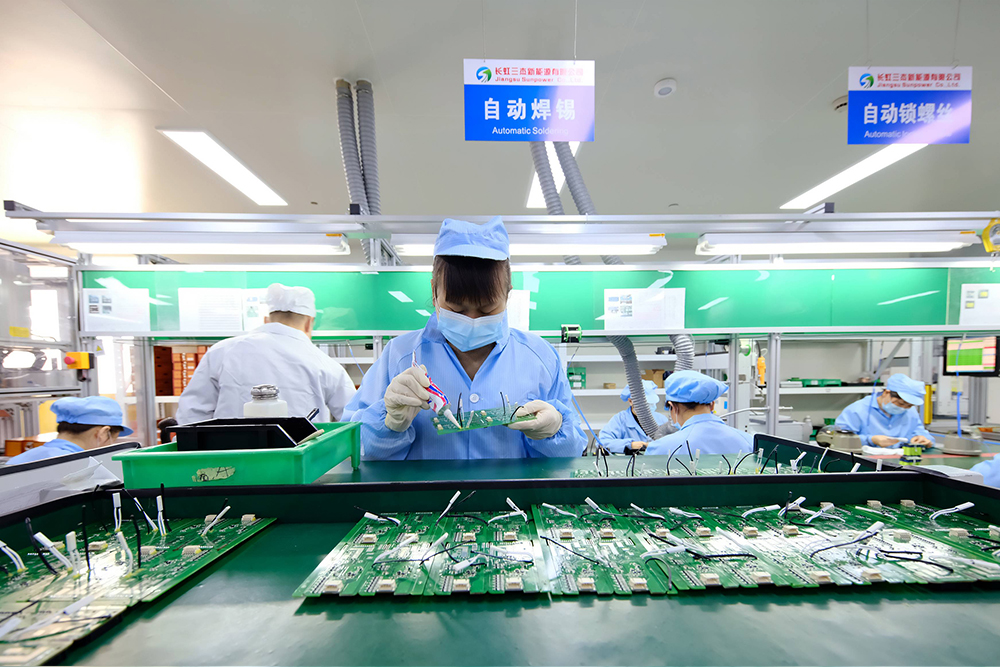lithium battery management system (BMS) plays a crucial role in ensuring the efficient and safe operation of lithium-ion batteries. In this analysis, we will explore the merits of BMS and its significance in various applications.
The Significance of Lithium Battery Management System
A well-designed BMS is essential for monitoring and controlling lithium-ion batteries to maximize their performance, extend their lifespan, and prevent safety hazards. It provides real-time information on battery voltage, current, temperature, state-of-charge (SOC), and state-of-health (SOH). By continuously analyzing these parameters, BMS optimizes charging/discharging processes while protecting against overcharging, over-discharging, overheating, short circuits, or other potential risks.
The Advantages of 18650 Battery 3.7V Li-Ion
18650 battery 3.7v li-ion is widely used due to its high energy density and long cycle life. With an appropriate BMS implementation specifically designed for this type of battery cell configuration commonly found in portable electronic devices like laptops or electric vehicles (EVs), several advantages can be achieved:
- Enhanced Safety: The BMS ensures that each individual cell within the pack operates within safe limits by actively balancing charge levels among cells to avoid overvoltage or undervoltage conditions.
- Extended Lifespan: By preventing deep discharges or excessive charging cycles through accurate SOC/SOH measurements provided by the BMS, the overall lifespan of 18650 Li-Ion batteries can be significantly extended.
- Better Performance: The precise control offered by a well-implemented BMS allows for optimal charging and discharging rates, maximizing the battery’s performance and overall efficiency.
- Improved Energy Management: BMS enables accurate monitoring of energy consumption, which facilitates better energy management strategies in applications such as EVs or renewable energy storage systems.
The Role of Sodium-Ion Battery Manufacturers
Sodium-ion batteries have gained attention as a potential alternative to lithium-ion batteries due to their lower cost and abundance of sodium resources. However, sodium-ion technology is still in its early stages, with limited commercial availability. The role of sodium-ion battery manufacturers becomes crucial in advancing this technology by developing efficient BMS solutions specifically tailored for sodium-based chemistries. These manufacturers need to focus on optimizing safety features while ensuring compatibility with existing infrastructure designed for lithium-based systems.
Conclusion

In conclusion, the merits of a well-designed lithium battery management system are undeniable. It ensures the safe operation and optimal performance of lithium-ion batteries across various applications. With advancements in BMS technology and ongoing research into alternative chemistries like sodium-ion batteries, we can expect further improvements in energy storage systems that will revolutionize industries reliant on portable power sources.

